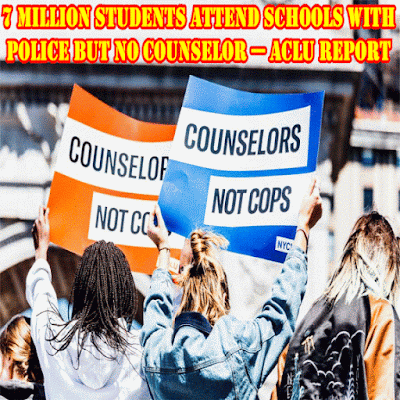Why School Psychologists Are Worried About the Mental Health of America’s Students

Earlier this month, thousands of school psychologists met in Atlanta at the annual convention of the National Association of School Psychologists. One of the hottest topics among attendees was exhaustion — a consequence of having to serve more students who are experiencing more trauma and other mental health problems without more help in carrying the load.
It’s not just school psychologists who are concerned about being short-staffed. I know of far too many school counselors, social workers, and nurses who are serving more students than any practitioner can reasonably handle. Their impossible caseloads result in not only work overload and the risk of burnout but also an alarming number of young people not getting the help they need.
For the past several years, members of the school psychologist community have been raising concerns about the detrimental under-investments in school-employed mental health staff — and a new report from the ACLU adds further data to the extent of the problem. “Cops and No Counselors,” co-authored by me and six other experts, analyzed data that the U.S. Department of Education collected from every school district in the nation. We found that the majority of K-12 schools are ill-equipped to address the mental health needs of children who are experiencing record levels of anxiety and depression during their formative years.
Children today are reporting just as much stress as adults, with 1 in 3 reporting that they are feeling depressed. Suicide, once on the decline as a risk for young people, is now one of the leading causes of death among youth, second only to accidents. Many of the kids I personally work with have one thing in common: significant trauma histories.
Take the student who accidentally shot his friend when the gun they were playing with discharged. Or the boy whose parents have both been incarcerated since he was young and who has bounced from foster home to foster home, separated from his siblings during these transitions.
These students are in pain. They’re acting out. And they’re often in schools that can’t address their needs because of the lack of mental health support on site.
The National Association of School Psychologists recommends a school psychologist serve no more than 500-700 students. But the ACLU report reveals that school psychologists across the country CONTINUE READING: Why School Psychologists Are Worried About the Mental Health of America’s Students | American Civil Liberties Union




